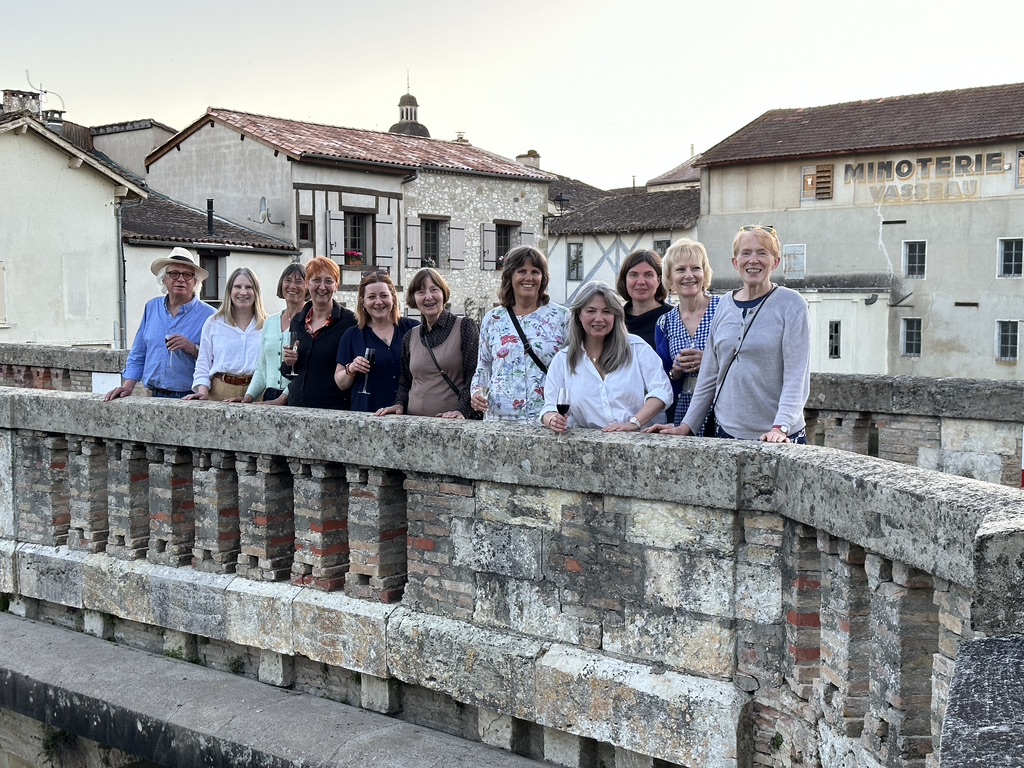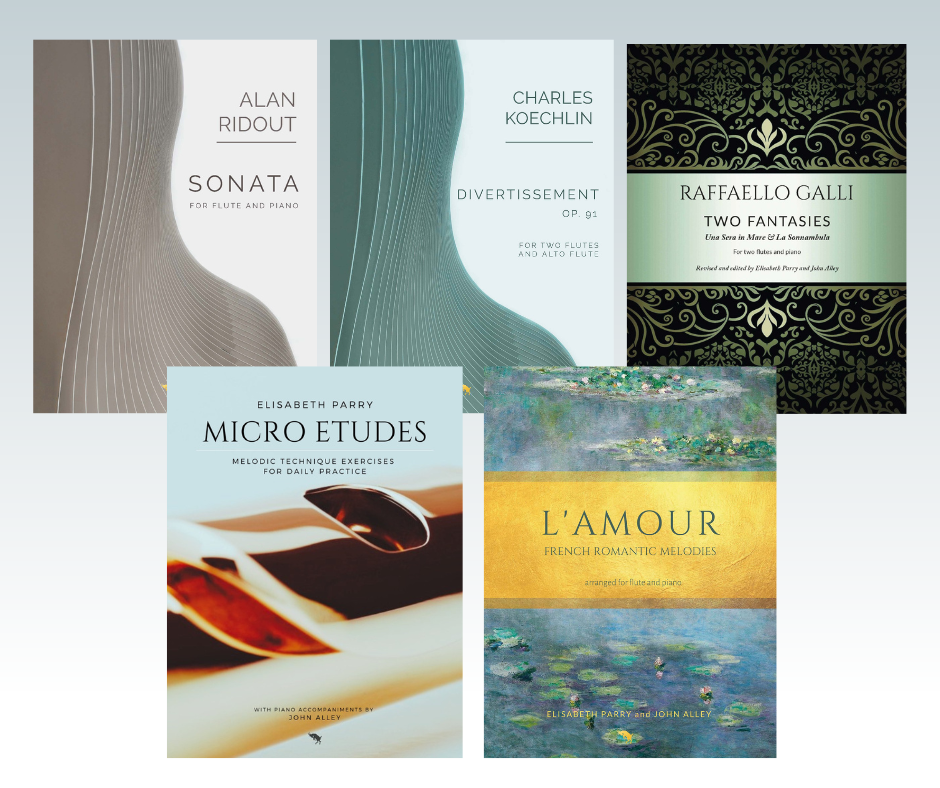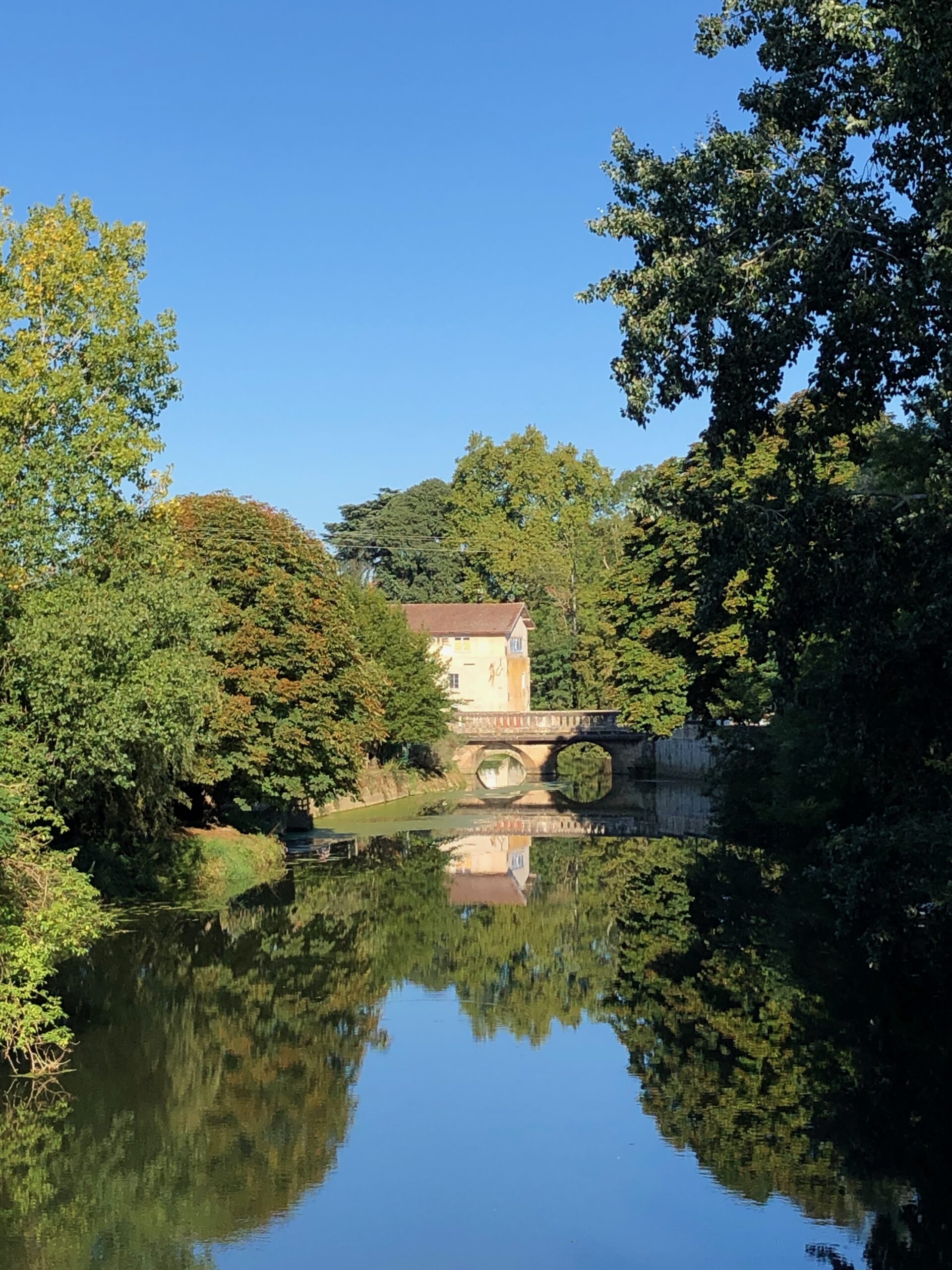September. The leaves are starting to turn, and although it’s still warm (well, here in southwest France it is) there’s an unmistakeable back-to-school feel in the air. In a country which basically takes the whole of August off, September means just one thing: la rentrée. Not just back to school for les enfants, but back to the realities of daily life – in whatever form that takes – for everyone.

with the Chateau de Duras above.
Shops and newspapers are full of “new year new you” ideas. Gorgeous new stationery, of course (I can’t resist a beautiful notebook), but also new products, books, and resolutions for both body and mind. It’s a time when everyone resets and does a bit of a personal audit. September is the month of new ideas and fresh starts.
As players and teachers, we can learn a lot from this.
Are you treading a well-worn pathway with your own practice, your repertoire choices, your students’ lesson plans? Our senses and our passion become dulled if every day and every year is the same. Boredom can lead to us to mindlessly going through the motions in our practice; but change can reset our practice to a mindful state of progress and be a real engine for growth (as it is in every part of life).
This is true both for ourselves and for our students. If you teach, it’s easy to feel that as the years go by you say the same things over and over again. That’s not surprising. The same things will always need saying: “this is what you need to do to be a better player, and this is how you do it.” The core elements don’t change. As flute players, we know that we – and our students – need to work every day on tone (sonority) and technique (fingers), on our ability to control our sound, intonation, and dynamics over the range of the instrument (embouchure flexibility), and on our command of different methods of tonguing (articulation).
So this year, try swapping out your battered Moyse or your scribbled-on Taffanel and Gaubert or your students’ Wye – or whatever your favourite might be – for something new. There’s no need to reinvent the wheel. Any good technique book will cover more or less the same ground, but a fresh approach can be enough to get you and your students out of autopilot.
When I wrote my technique book, Micro Etudes (a prize-winner in the NFA Pedagogy category in 2023), my idea was to explore a new approach to this well-trodden path by bringing a melodic focus to every exercise. After all, at heart what we want is to be musicians, not technicians: to make every practice moment a musical one. For the same reason, I also collaborated with John Alley to create downloadable piano accompaniments for every exercise. I’ll be including some free sample pages, including the backing tracks, in future emails.
I’m a professional flutist in the US and I’m writing to tell you how much I like your Micro-Etudes book. It really fills a void! I have intermediate/advanced students who are high achieving on the flute and yet have limited practice time. They aren’t going to major in music, but still, they’re serious students. This book is perfect for them. I also love your emphasis on pleasurable practice; I have dropped some books from my teaching because it felt torturous. I’m excited about introducing your book to students this week, and I look forward to checking out your solo books too! Thank you!
Elizabeth Brightbill, Virginia, USA www.terravoce.com
However you choose to do it, why not think about a fresh start for your own personal rentrée this year?





